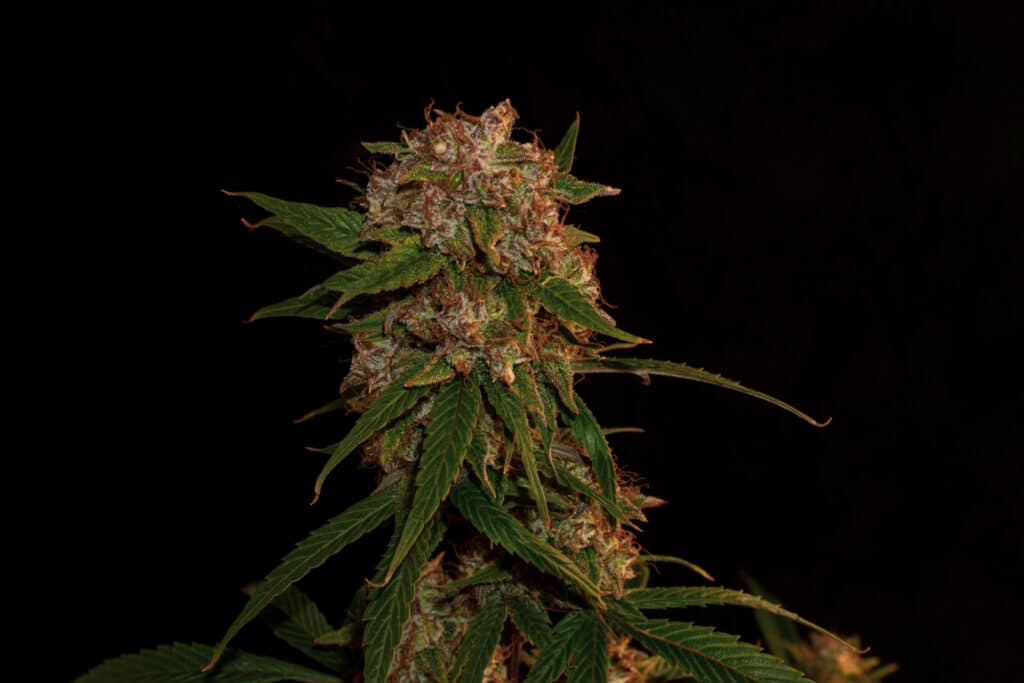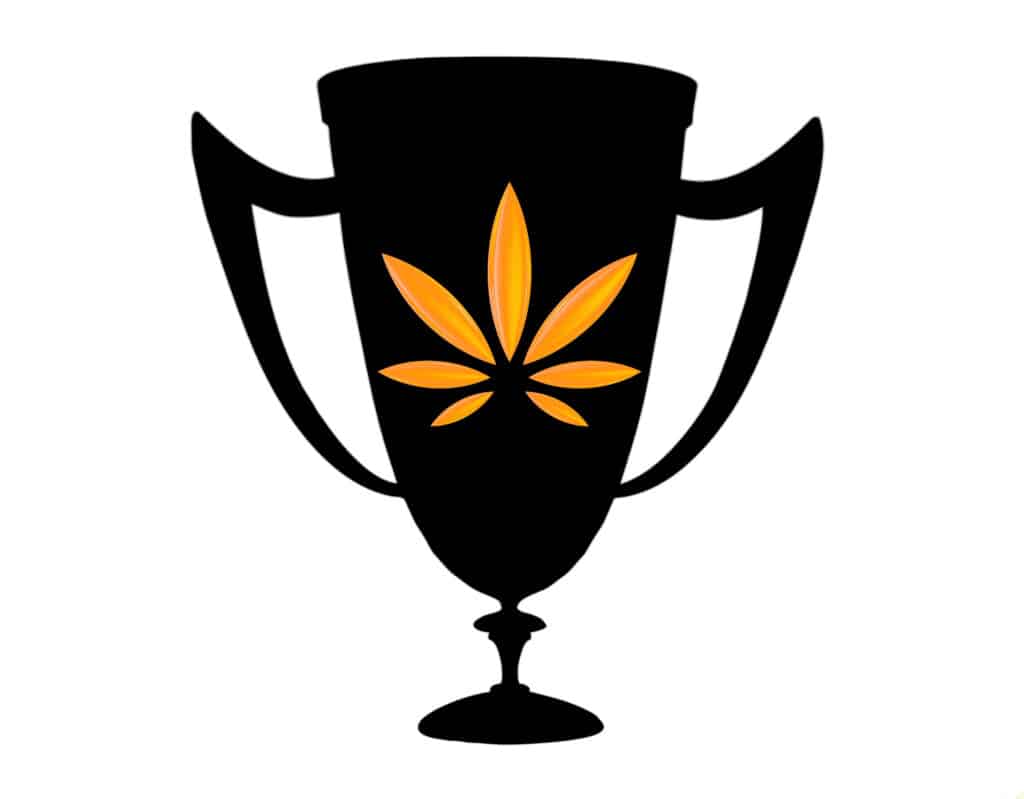One of the most well-known brands of the cannabis news and reporting world, is the publication High Times. High Times has remained one of the most recognizable names in the world of weed, including continually hosting its own cannabis competition. Recent reports now indicate that the company was sold – sort of.
When High Times started
These days there are plenty of weed publications around (*wink wink). In America, there is no longer a specific fear related to publishing basic content on drugs like cannabis and hallucinogens. This doesn’t mean such drugs can be universally pushed, but it does mean that the press has leeway to cover stories without an issue. It wasn’t always like that.
High Times came out for the first time in 1974, when cannabis was a 100% banned substance in America; subsequent to its illegalization via the Controlled Substances Act of 1970. The whole process to illegalize it started in 1937, just after prohibition ended. It was, in fact, spearheaded by one of the same characters that brought us the horribly inept policies of prohibition, Henry J. Anslinger.
By 1974, when the publication came into being, there was fundamentally no conversation on the topic. There was no medical market anywhere, no recreational market, and no research market. Weed was essentially dead, and cops were more than happy to make arrests for almost anything related to it. It wasn’t exactly a good time for cannabis press agents. Nonetheless, in 1974, Tom Forçade, after several failed projects geared at reaching a broader counterculture movement, started the magazine as a joke on Playboy. He used weed to replace sex for the joke.

The history of High Times
The publication was originally funded with illegal money from cannabis sales; but it quickly gained recognition, grew its audience, and added staff to about 40 members. Unfortunately, Forçade saw little of what would become of his empire, committing suicide in 1978. Regardless, his baby soldiered on. In fact, despite the anti-cannabis climate, the magazine never failed to put out an issue in more than 40 years.
For many years, High Times struggled as a small publication in a war zone; published by Trans High Corporation (THC – get it?). THC was the parent company from the inception until 2016. Much of its ability to prevail is credited to lawyer Michael John Kennedy, who served as general council for the publication until he died in 2016. It seems his death was the catalyst for much change in the company.
By 1987, the magazine had a circulation of 500,000 copies per issue, which put it in competition with bigger publications like Rolling Stone. In 1988, under new editorial leadership, High Times dropped pushing harder drugs (something it did before), and began to focus solely on cannabis. That year, the publication also created the Cannabis Cup, a competition to judge and place different cannabis flowers. Though it started in Amsterdam, the competition became popular in the US as well. High Times likewise got involved on the activist end, and created its own High Times Freedom Fighters.
In 2018 High Times was acquired for $42 million by a group of investors led by Oreva Capital Corp, whose CEO is also Hightimes Holding current CEO, Adam Levin. Hightimes Holding took over from Trans High Corporation in 2016. The company was always privately owned; but soon after this it held a round of funding and announced a desire to go public. More on that in a minute.
Starting in 2020, the company took another leap, and began obtaining its own cannabis retail locations. It owns several different cannabis brands, along with running at least eight dispensary locations. Also that year, the company did suspend the publication briefly because of the coronavirus.
Sold once again
High Times already changed its leadership and ownership in past years. So, technically, it hasn’t been the High Times of the 80’s or 90’s, for awhile. In a new move, a recent report states that the intellectual property of the company, has once again changed hands in a new deal. And this time, the company is using the deal to go public.

On September 7th, 2023, Forbes Magazine reported that Lucy Scientific Discovery Inc., is set to take over the intellectual property rights of the company. Lucy is a psychotropics company, based out of Canada, which trades under LSDI on Nasdaq. The deal includes not just the already existent licensing agreements for the publication brand, but also for the Cannabis Cup. Lucy will not, however, take over production, sale, or retail services; which remain as they were. The deal is meant as a way to get around restrictions for plant-touching businesses on Nasdaq.
In terms of what this means, ‘intellectual property’ refers to “intangible assets owned and legally protected by a company or individual from outside use or implementation without consent. An intangible asset is a non-physical asset that a company or person owns,” according to Investopedia. Intellectual property therefore refers not to anything physical, but to ideas.
While Lucy will own the intellectual property, it reportedly will license back to High Times, its ability to manufacture THC products and run retail operations. The fee for this, is $1 million yearly. Should the federal government legalize cannabis, this amount is increased to $2 million yearly. As a part of the deal, Lucy will provide 19.9% of shares back to High Times, and pay High Times semi-annually for the next five years.
Levin pointed out via the Forbes article that “As plant touching can’t list on a U.S. Exchange today, this was the only viable solution to provide a true liquidity option to High Times shareholders. Being compliant in a still prohibitive environment is a moving target, but it’s something we take seriously.”
He continued, “Legislation today requires segmentation even interstate, let alone internationally, so this took more work than it would have if we sold tomatoes, for example. That said, we believe based on the way we’ve structured this agreement that we will maximize value for both organizations shareholders.”
Levin also made the point that High Times does remain High Times; even if the brand as a whole, has new ownership. As far as the public goes, its not meant to change anything. The deal has not officially gone through as of yet; but is expected to soon. We’ll have to wait and see if anything does actually change.

Is the publication still relevant?
I grew up with this magazine as the backdrop to the weed world in the 90’s. Everyone knew what it was, and there was only one of it. I remember reading the magazine’s description of different cannabis flowers, and not totally understanding it at the time. That was long before I became a hardcore fan. I don’t remember any similar publications from that time.
These days, there are tons of weed publications. High Times is the most deeply rooted in longstanding weed culture, but it has a lot of competition. As legalization efforts increase, so do publication numbers; though many show up, just to fade out quickly. The majority simply push along headlines, and don’t involve deep research; which is different from the more intense reporting that High Times used to be associated with.
High Times has changed hands, and isn’t quite what it used to be; but it still offers some of the more in-depth coverage in the weed world. Whereas it once ruled fully, its now a part of a bigger publication market, for which it has name value, but is otherwise one of many. Some say that quality has already been compromised, since the publication was bought out before.
Conclusion
High Times is one of the most recognized names in weed reporting. It’s hard to say what – if anything – will change now that intellectual property is owned by a new company. In a competitive world, things tend to change quickly, and High Times is doing what it feels it needs to, to keep ahead in the game.
Hello weed aficionados! We appreciate your presence at Cannadelics.com; where we work to report on the most interesting stories in the worlds of weed and psychedelics. Come by frequently to stay up on important matters; and sign up for the Cannadelics Weekly Newsletter, so you’re always up on what’s going down.







